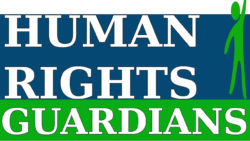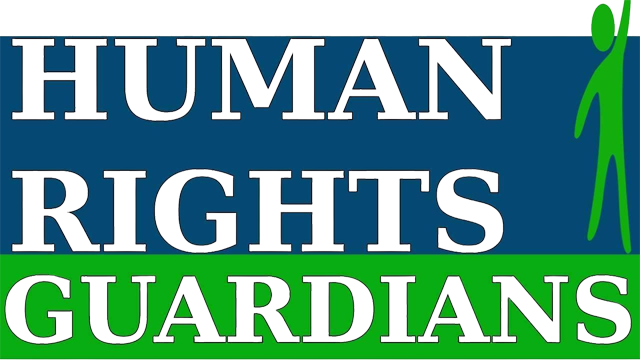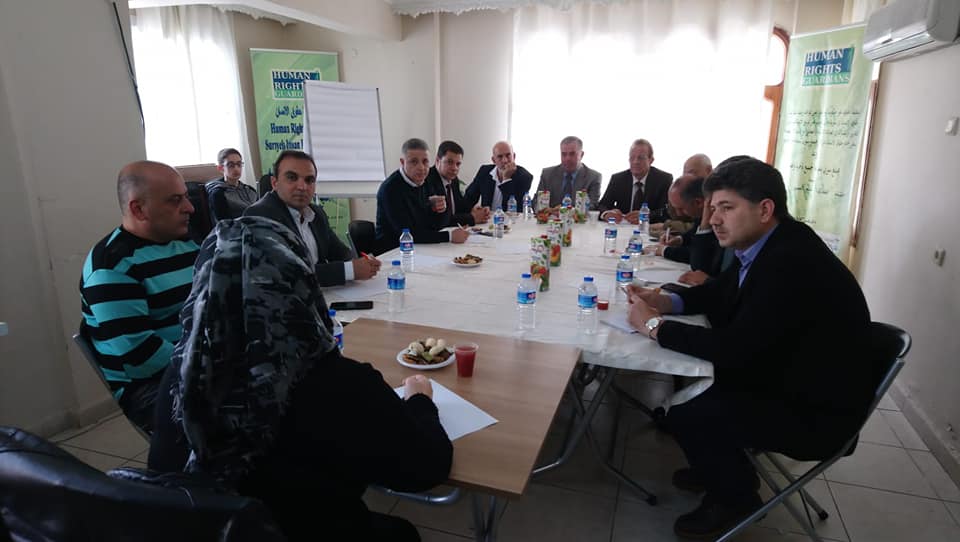Session on the Constitutional Committee
The Human Rights Defenders Organization, in cooperation with the Elaph Center for Studies and Human Rights, hosted
Judge Hanadi Abu Arab, a member of the negotiating body and one of the candidates for the Constitutional Committee, in the presence of a number of Syrian lawyers in the city of Antakya at the headquarters of the Human Rights Defenders Organization.
In a dialogue session to talk about the Constitutional Committee, how it was established, its tasks, where it has reached, what work it has done, and what difficulties and challenges it has faced, as of today’s session date.
What are the reservations of the opposition and its popular base regarding it at the current stage, and what are the obstacles to its work, including:
The dispute over the third third, the chairmanship of the committee, the place of its meeting, the issue of voting and decision-making, and what constitutional topics are required to be put in place, whether it is a constitutional declaration, a constitutional amendment, or a new constitutional declaration. The judge also spoke about the four subcommittees to study the parliamentary system, the presidential system, and the mixed system, and to present research and plans so that each committee presents a model that is consistent with the current Syrian situation, focusing on the mixed system, as well as adding exceptional axes such as the file of detainees, women, and the forcibly disappeared, and fortifying the constitutional text.
The position of the new international envoy to Syria on this committee and the position of the guarantor states of Astana and what is expected of them in the next stage.
At the end of the meeting, the judge answered the attendees’ questions and concerns and promised to convey them to her colleagues in the negotiating body. The attendees thanked the judge for her briefing with updates on the Constitutional Committee and the negotiating body in general and requested that there be other periodic meetings with lawyers and civil society activists to provide the latest updates on the committee’s work mechanism and where it has reached.
Many thanks to the Elaph Center for Studies and Human Rights for what it provided to make this meeting a success.






